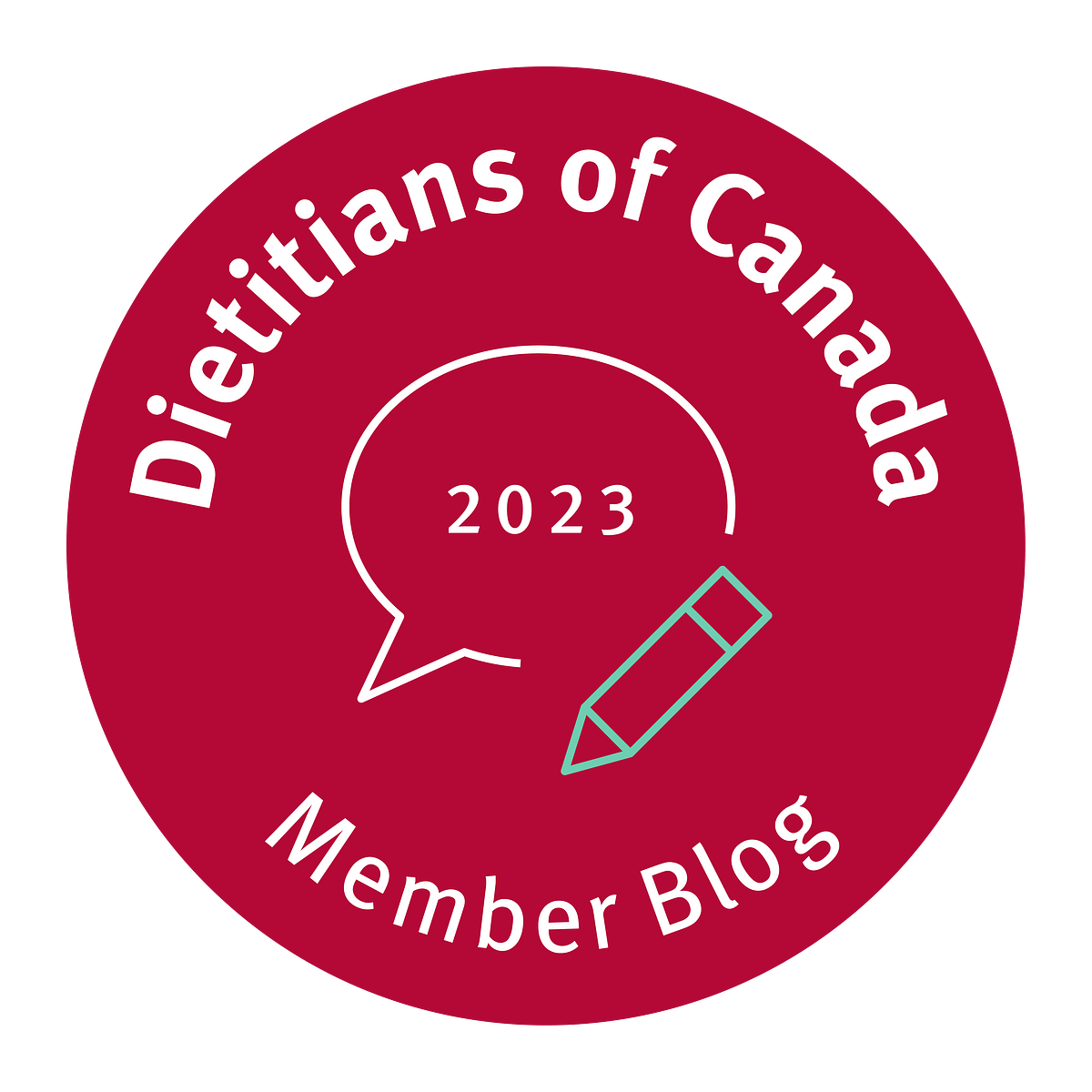 During the winter, we often face a dip in temperatures, wind chill and a lack of sunshine. To stay healthy and happy, try adding these nutrients and foods to your plate.
During the winter, we often face a dip in temperatures, wind chill and a lack of sunshine. To stay healthy and happy, try adding these nutrients and foods to your plate.
Click here to watch my national TV interview on this topic.
Vitamin D
Vitamin D benefits our bone health, immune function and mood. Research shows that low vitamin D status is associated with depression. Often called the “sunshine vitamin”, vitamin D can be made when our skin is exposed to ultraviolet B rays from sunlight. However, during our Canadian winters with shorter days, there isn’t enough sunlight for this to happen. And even if we are outdoors, we’re usually all bundled up to stay warm. In fact, the risk of vitamin D inadequacy can double during the winter, compared to the summer.
From October to March, it’s advisable to take a vitamin D supplement, especially if you’re over the age of 50. Health Canada suggests 400 IU of vitamin D per day while other organizations such as Osteoporosis Canada recommend a higher supplement dose if you’re at high risk for osteoporosis.
What you can do: In addition to taking a vitamin D supplement in the winter, add these vitamin D-containing foods to your plate: fatty fish (e.g. salmon, artic char, canned sardines), eggs, mushrooms, milk and fortified plant-based beverage.
Whole grains
During the dark, cold wintry days, it’s easy to feel a little blah. You probably already know that eating whole grains can lower your chances of developing heart disease. But did you know that whole grains can boost your mood too?
Carbohydrate foods – like whole grains as well as legumes, fruits and vegetables – triggers our body’s production of serotonin which is a hormone that helps us feel calm, relaxed and happy. The key is to enjoy carbohydrates WITH protein. In protein foods, there’s a specific amino acid called tryptophan which is needed to make serotonin.
What you can do: Pair whole grains with protein to make delicious meals. Try a sandwich made with whole grain bread and grilled chicken or egg. How about a bowl of oatmeal with nuts and seeds? For pasta salad lovers, stir in a can of beans. My favourite pairing is quinoa with salmon – not only does salmon provide vitamin D, but it also is a fantastic source of heart healthy and mood-boosting omega-3 fats.
(Learn more about tryptophan in my blog: Does eating turkey make you sleepy?)
Vitamin C
Vitamin C is just one of the many nutrients needed for a strong immune system, especially during cold and flu season. Research shows that getting enough vitamin C can reduce the duration of a cold by 8%. A single orange offers your daily quota for vitamin C, and so does 1 cup of fresh/frozen strawberries, 1 cup of broccoli, 1/2 red pepper or 1-2 kiwis. Vitamin C also plays a role in producing collagen to support skin health.
What you can do: Think beyond oranges for vitamin C. For variety, also try grapefruit, tomatoes, cauliflower, Brussels sprouts and potatoes.
Dark Leafy Greens
Canada’s Dietary Guidelines actually recommend eating one dark green vegetable every day. Fibre, folate and magnesium are a few of the notable nutrients found in leafy greens. Magnesium is actually important for stress management. When we’re stressed, levels of cortisol (the stress hormone) rise. Magnesium works to reduce cortisol levels. Some magnesium superstars are spinach, kale, bok choy, romaine lettuce and Brussels sprouts.
What you can do: Add leafy greens to soups, smoothies, stews, salads and casseroles. Magnesium is also found in other foods like nuts, seeds, whole grains and DARK CHOCOLATE! A 40 gram portion (1.5 ounces or 3 squares) of dark chocolate contains about 25% of your daily requirement for magnesium. Enjoy!
Written by Sue Mah, MHSc, RD, PHEc, FDC, award-winning dietitian, Nutrition Solutions Inc.


